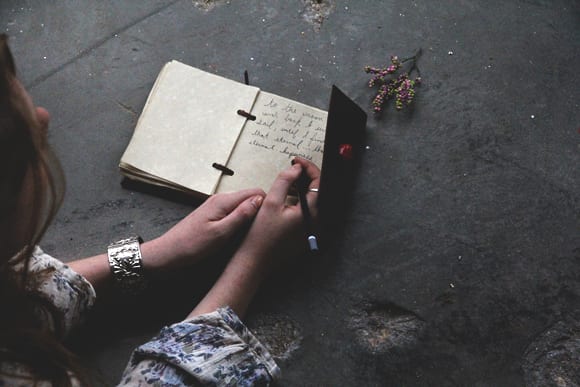
3 Steps: Processing Your Summer Volunteer Trip
Volunteer experiences are best processed internally and then verbally to those around you. Finally, to make the most of what you learned abroad, whether it be a changed behavior or an altered worldview, you should actualize those changes in your everyday life.
Here are 3 ways you can process your summer volunteer trip:
1. Internalize
Writing out your thoughts encourages you to slow down and reflect. As a form of therapy, writing helps you process your feelings. Additionally, by writing (or typing) out your experience, you will forever hold a copy of your unique time overseas–a timeless keepsake.
Here are a few ways you can internalize your trip through written word:
- Journal with pen and paper during and after your trip.
- Blogging during and after your trip.
- Write poetry.
Outside of written word, you can express your emotions through more tangible means. Here are a few examples:
- Draw, paint, sketch, or color something that captivated you.
- Create souvenirs from items collected on your trip.
- Print and frame photos you captured.
Ultimately, your time of reflection and internalization should help you understand yourself better. Here are some activities to consider:
- List the strengths and weaknesses you discovered about yourself.
- Reevaluate your views of poverty, economic inequity, culture, and justice.
2. Verbalize
By sharing your experience, you’re challenged to condense your thoughts and feelings into something others will understand and appreciate. Verbalizing your discoveries will help you process your newfound discoveries and solidify the changes you experienced during your volunteer trip.
Besides chatting over coffee, here are ways you can verbally process your experience with others:
- Post your photos and stories on social media.
- Send detailed thank you letters to your supporters.
- Make a Prezzie to share with your community.
Pro tip: Be careful not to exaggerate your experience. Otherwise you may give your listeners a false impression of your trip or contrive emotions and memories that never happened. Besides, being honest about your experience will help you process your volunteer trip better!
3. Actualize
Acting upon what you’ve learned and shared is the next step in processing your volunteer trip. By actualizing what you’ve processed, your trip will leave noticeable lasting effects, especially if you apply what you’ve learned in your everyday life.
Here are ways you can keep what you experienced alive:
- Cook a meal you ate regularly.
- Read country-specific nonfiction and/or fiction books.
- Stay in touch with the communities you served.
Ultimately, the best way to keep the spirit of volunteerism alive is by volunteering in your neighborhood! A great tool to find opportunities near you is Volunteer Match, and it’s free to use.
When assimilating to your everyday life, do your best to catch up on sleep, eat healthy foods, and find time to exercise. Be thankful for all the modern conveniences you might have taken for granted before your trip. You don’t need to feel guilty about these everyday blessings.
If you’re struggling to re-acclimate, ask for help. You don’t have to do it alone. Reach out to family and friends. Reconnect with your trip leaders and the others who went on your trip. They will have an easier time empathizing with you, because they shared in your experiences.
Also, realize that assimilation to daily life takes time and change in your thoughts and behaviors in this case is a good thing!
Have you recently returned from a volunteer trip? We want to help you verbalize your experience–tell us about your trip on Facebook and Twitter!










